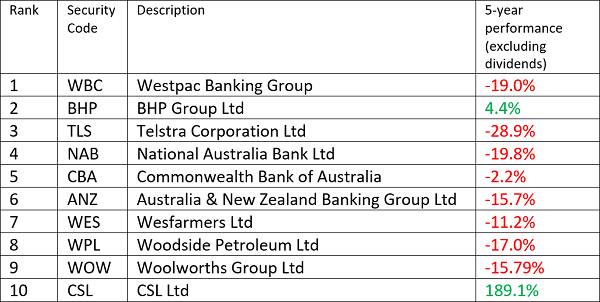To say that the Labor Party’s proposal to cancel cash refunds for excess franking credits caused consternation among Cuffelinks readers would be an understatement.
Cuffelinks received well over a thousand comments on the proposal and wasn’t alone in preparing SMSF trustees for the potential impact had the Federal Election panned out as many expected.
So, it’s not surprising that the hundreds of thousands of SMSF investors receiving income via franking credits breathed a huge sigh of relief when the Coalition claimed victory.
Don’t exhale too hard, too soon
Many SMSF trustees may now believe they don’t need to think about making any changes to their portfolio to deal with the impact of a franking credit removal. In fact, it's actually an excellent opportunity to reconsider whether portfolios are really fit for purpose.
The over-reliance on franking credits has meant too many SMSFs have investment portfolios that are dangerous for their purposes. The available data and anecdotal evidence from accountants who administer many SMSFs suggest that a significant percentage of self-directed SMSFs have an over-reliance on the ASX Top 10 in their portfolios.
There are two main reasons for this. SMSF investors long ago fell in love with high, fully-franked dividends as an income stream, but they also feel a degree of comfort investing in companies that they’re familiar with and always thought of as stable pillars of our economy. But such overly-concentrated portfolios highlight the dangers of insufficient diversification.
In November 2018, the SMSF Association reported that 47% of SMSFs have more than half of their portfolio invested in one asset class, usually shares but in some cases, property (the latter is most likely to be business owners putting their own premises into their SMSF). An even higher two-thirds of SMSF survey respondents believed a portfolio of 20 shares was well-diversified.
The following table is instructive. It shows the Top 10 shares held by SMSFs, according to the Class SMSF Benchmark Report (March 2019; based on Class’s database of 160,000 SMSFs, so it is representative).
We’ve added the column on the far right, showing the price performance of each stock over the past five years, excluding dividends.

Prices as at 7 June 2019.
Eight of the Top 10 stocks are worth less now than five years ago, while the broader S&P/ASX200 Price Index is up about 18% over the same period, with other international markets rising even higher.
We also know SMSFs are underweight global equities compared with local institutional superannuation funds, missing many sectors and opportunities not available in Australia. And about 20% of SMSF assets are held in cash and term deposits where it's a struggle to achieve positive real returns.
The world of investing is the real world
What does this tell us? The most obvious take-away is that set-and-forget share portfolios make little sense, even when they seem to work for an extended period. It is folly to pretend that we live in a static and stable world where the fortunes of major companies do not change.
The world we live in is a complex place. Political upheaval, management failings, regulatory shocks, aggressive competitors, demographic change and technology breakthroughs impact markets just as they impact people’s lives.
If you're not thinking about these issues and managing your portfolio accordingly, your ‘strategy’ is one of hoping for the best, rather than planning for the best. It’s rolling the dice rather than playing chess.
As an SMSF is the primary means its trustees rely upon to give themselves a dignified retirement, and to provide for their dependants, the stakes are too high for such a gamble. The franking credits ‘scare campaign’ ought to be the wake-up call many of Australia's self-directed SMSFs needed.
What should self-directed SMSFs do?
Revisit your portfolio and ask yourself:
“Am I really managing my portfolio, making appropriate changes as required, and ensuring that it’s appropriately diversified for the current conditions and my circumstances?”
If you can’t answer “Yes” confidently, then ask this one: “Do I need to find a professional who can manage my portfolio for me or with me?”.
Your options are to find a trusted licensed financial adviser, or access professional asset management expertise and choose one or more to manage your portfolio.
After all, you shouldn’t be losing sleep or money, let alone losing sleep about losing money!
Andrew Varlamos is Co-founder and CEO of OpenInvest, a sponsor of Cuffelinks.
OpenInvest is a new end-to-end online solution for self-directed investors, including SMSF trustees. OpenInvest empowers you to choose how your wealth is managed, providing direct access to portfolios managed by your choice of investment management firms and designed to meet the needs of investors seeking diversification, security, income, and growth.